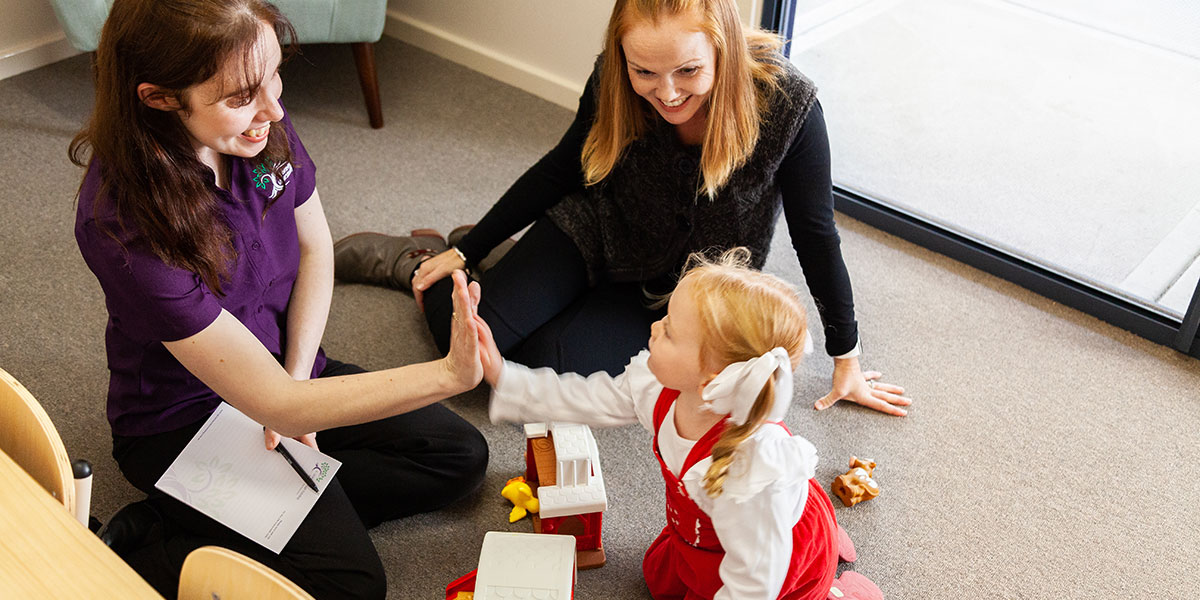
The intentional deisgn of implementing ‘small wins’ is an excellent, yet underutilised approach to learning. Many students begin tutoring with a fear of failure and history of self-doubt, believing they are not capable of understanding or making positive progress in a particular subject. Often, these misconceptions and beliefs only become stronger and begin to affect not only the content, but progress in all avenues of learning directly. By fcousing on smaller, more acheivable steps, educators can shift students’ perceptions and mindset away from avoidance and instead, towards authentic, genuine engagement.
This concept of ‘small wins’ draws on humanistic psychology and in particular, Abraham Maslow’s hierachy of needs. In short, motivation theory supports this approach to learning by empahsising students’ greater inclination to participate and persist when they can see clear evidence of growth. This apporach can be implemented pracically in the classroom with the tutor identifying a smaller skill (something the student can reasonably master in a short/limted time). Once this target is set, the tutor models the skill, provides guided practice and then gradually removes the support. When the skill is accomplished successfully by the student it becomes a ‘small win’. For example, idenitfying ‘getting better at spelling’ and the smaller skill and then basing a session on mastering the ‘ai’ spelling rule. These are the moments that build confidence and when accumulated help to create a narrative of capability (“I can do this”, “I can improve”).
This approach supports academic growth while simultaneously addressing emotional and behavioural learning barriers. Students that experience success earlier in the lesson become increasingly more motiavted and determined to overcome challenges, ask questions and reflect on their practice. As time progresses these smaller wins help to reshape stduents’ idenities as being active and capable learners.
Katerina Vrahnos

